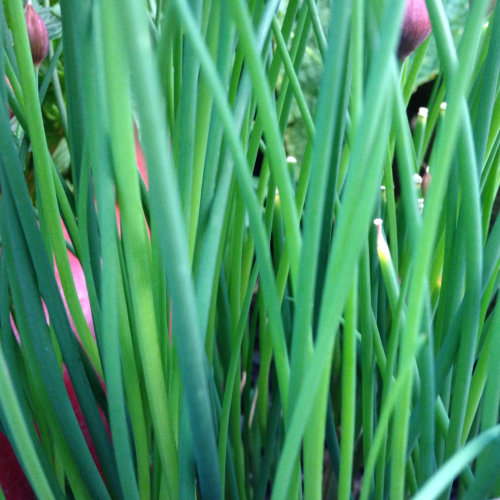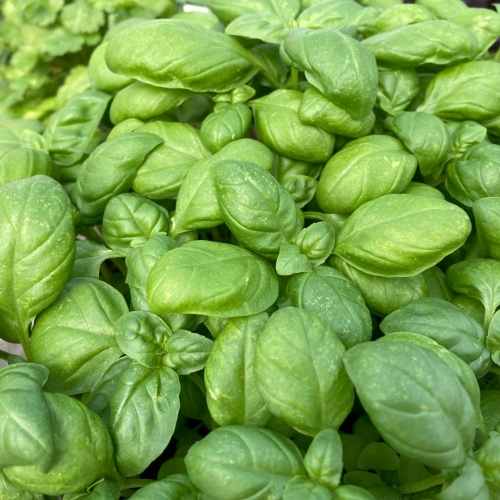Customer Reviews
Write a Review and share your opinions!
22 October 2014
I love dill! It gives any dish a lift and is so easy to grow. You can grow it any where. I would really recommend growing this.
Customers who bought this item also bought:
Basil Seeds - Sweet (Genovese)
£0.89
Genovese is renowned for its fragrance and is the traditional basil used in pesto.....
Average Contents : 1g (approx 600) seeds

 Green, juicy and fragrant!
Green, juicy and fragrant!
